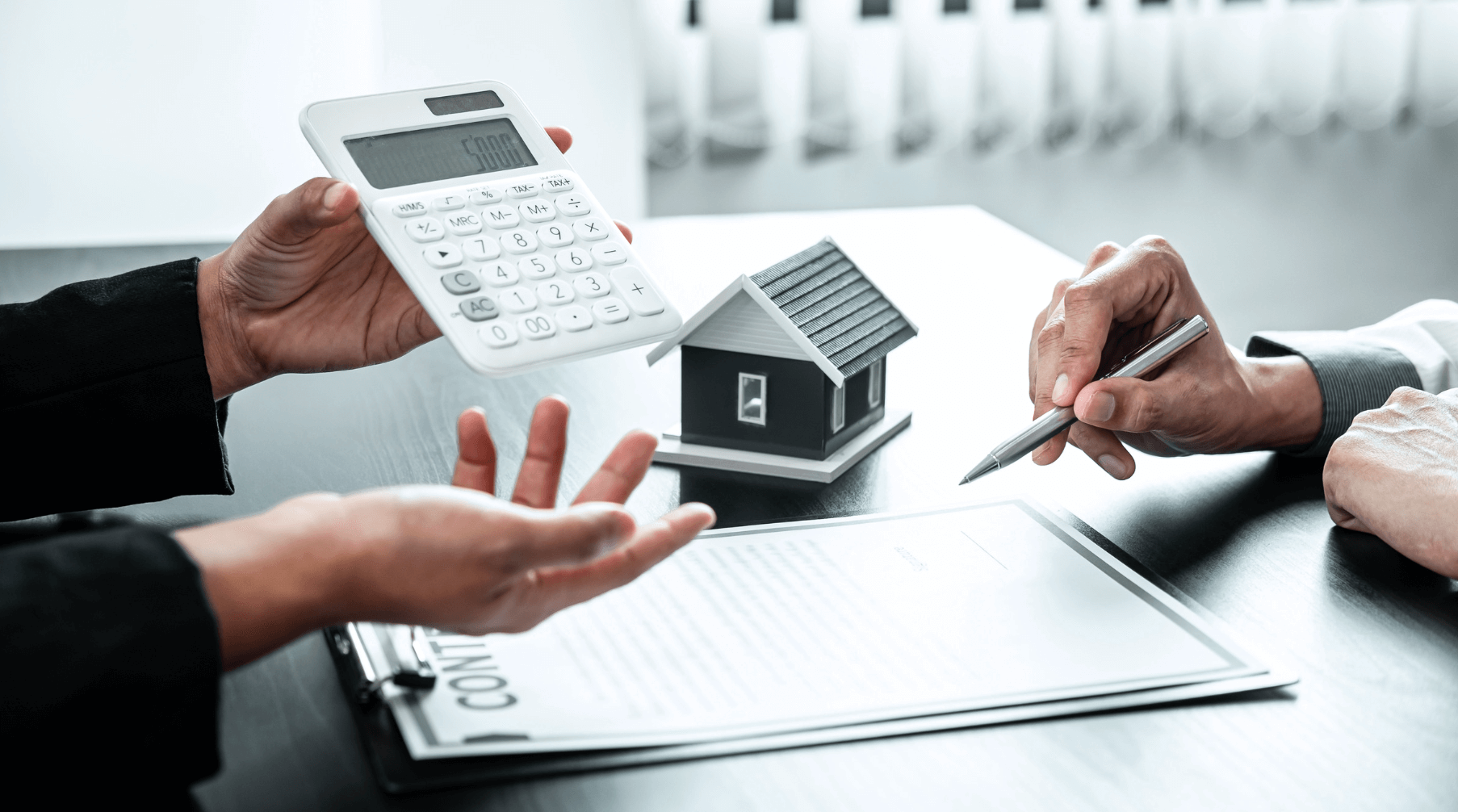15 Tips That Keep Your Utility Bills Down
Moved into a fancy new property but worried about the overall cost of utilities? Keeping a stray few lights on in your apartment isn’t cheap- never mind the air conditioning and water heater. On average, people can pay up to the following costs on their electricity bill according to Energy Australia.
| State | Average Annual Electricity Bill |
| Victoria | $1,012 |
| Queensland | $1,240 |
| New South Wales | $1,421 |
| South Australia | $1,444 |
Tweaking your energy consumption and lowering your bill by 25% can be a simple case of introducing the following habits into your lifestyle. Keep on reading to discover our 15 effective ways to reduce your utility bill.
- Use less hot water: Hot water is the second biggest energy waster in your home. A simple way to lower your utility bills is to minimise your usage of hot water when necessary. Etc. Wash full loads of laundry in cold water, scrape plates first before cold rinsing and washing them, and take shorter showers.
- Climate Control: Another energy guzzler include your heating and cooling systems… aka., air conditioning! During the wintertime, set your thermostats between 25°C to 27°C and in summer, set cooling thermostats between 18°C to 20°C. An extra degree to your heating and cooling system can, in fact, increase your energy use from 5% – 10%.
- Window Watching: 40% of energy (heat) can be leaking out of your open windows. In the wintertime, try opening your curtains to let in sun then close them when it gets dark to keep the leftover heat in. Instead of turning on the air conditioning to keep cool during heated summer nights, open the windows to let warm air out and cool breezes in.
- Using Appliances Wisely: General household appliances like your fridges, freezers and ovens are responsible for up to 30% of your energy bill. Turn off additional appliances when they’re not needed, use lids on pots and pans, and only fill the kettle with only as much water as needed.
- Switch Off all Appliances on Standby: Standby power can make up for more than 10% of your household utility bill. For example, any items like a fan, or your mobile phone charger is drawing power, even if your phone isn’t plugged in. Turn off appliances at the wall when you aren’t using them- it’s the simplest way to conserve energy.
- Use Energy Efficient Lights: Light bulbs consume significant energy, especially if you are using old halogen or incandescent bulbs. To reduce your electricity bill on lights, you need to consider installing your home with energy-saving light bulbs. Not only are they durable and long-lasting, but can save you significant costs. Invest in LED bulbs or opt for smart bulbs that automatically dim to save you 75% of energy.
- Monitor your Electricity Usage: The best way to keep on track of your energy usage is to simply monitor how much you use on a day to day basis. Luckily, there are many cost-effective smart meters and online apps that can enable you to view your progress and where you are using electricity the most. This way, you can identify the best opportunities to save on energy and decrease your utility bills.
- Dry Your Clothes in the Open Air: Does your new property have a communal clothesline or located in a particularly sunny residence? Take advantage of the sunshine and humid Australian weather by drying your clothes outside, instead of relying on your electric dryer.
- Ironing in Large Batches: Ironing your clothes in one large batch not only saves you time to do other things but doing it all at once doesn’t waste energy when you heat and reheat the iron each time. This process can significantly reduce your power usage and ensures you get all of your ironing done in one go.
- Take shorter showers: Trimming those two minutes off your shower time can cut your water usage by up to 5 gallons.
- Replace old showerheads: Old showerheads are considerable energy wasters. Swapping it out for a more efficient showerhead that can reduce water usage by 2,700 gallons per year is a definite investment to consider. Be sure to find a showerhead certified by the Environmental Protection Agency.
- Purchase an energy-efficient dishwasher: Dishwashers and other washing appliances take a sizeable dent in your utility bill. There are many energy-efficient appliances in the market available for you online. Purchasing an energy-efficient model dishwasher or water heater can yield significant long-term savings. Search for appliances with the “Energy Star Label”. These products use a standard of 3.5 gallons of water (or less) per cycle, compared to older appliances.
- Check Seals On Windows and Doors: Fridges and freezers need adequate rubber seals to keep the old air and energy where it belongs, the same goes for windows and doors. Bad seals will release energy can cause it to seep out, costing you hundreds of dollars in the process.
- Opt for Smart Power Strips: Old electronic gadgets never truly power off. These items are usually powered via remote control or power buttons like TVs and laptops, as the remote sensor requires power while waiting for your input. Conserving energy with the following appliances in a smart power strip. The following power strips cut off the currents of the following gadgets when they aren’t in use.
- Conduct an Energy Audit: Want to learn more about your energy consumption in greater detail? Utility providers in Australia can conduct a home energy audit for free to pinpoint the specific ways to reduce your energy usage.
** General Advice Warning
The information provided on this website is general in nature only and it does not take into account your personal needs or circumstances into consideration. Before acting on any advice, you should consider whether the information is appropriate to your needs and where appropriate, seek professional advice in relation to legal, financial, taxation, mortgage or other advice.




